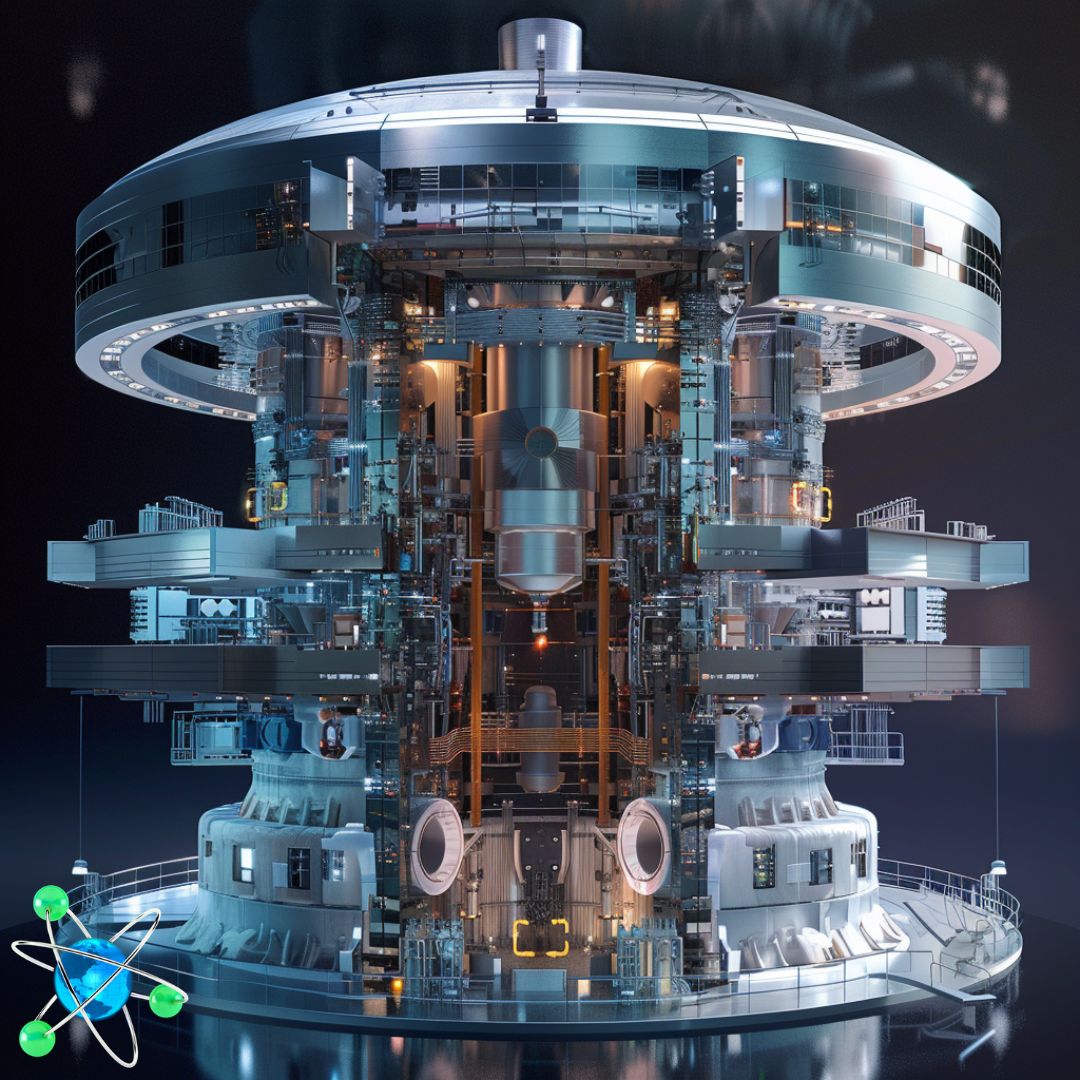
- The UK HALEU Programme, with a GBP300 million investment, aims to establish domestic HALEU production capabilities by 2031, reducing reliance on Russia and China.
- In May, the government awarded GBP196 million to Urenco to develop a commercial-scale HALEU enrichment facility, with operations expected to start in 2031.
- The initiative includes designing commercial-scale oxide and metal HALEU deconversion facilities, fostering collaboration with HALEU partners, and supporting the UK’s goal of achieving 24 GWe of nuclear power by 2050.
The UK is making significant strides towards enhancing its nuclear capabilities with the launch of the GBP300 million HALEU Programme. This initiative, introduced in January, aims to establish a domestic capability for producing high-assay low-enriched uranium (HALEU) by 2031. HALEU, enriched to between 5% and 20% uranium-235, is essential for the advanced nuclear fuel required by most next-generation reactor designs currently in development. Currently, only Russia and China possess the infrastructure to produce HALEU at scale, making this programme a strategic move for the UK.
The UK Department for Energy Security and Net Zero (DESNZ) envisions this investment as a cornerstone in supporting domestic HALEU production. This effort is part of a broader plan to achieve up to 24 GWe of nuclear power by 2050, which would account for approximately 25% of the UK’s electricity needs. In May, the government allocated GBP196 million to Urenco, marking the first tranche of this funding. This grant is intended to enable Urenco to develop a first-of-its-kind HALEU enrichment capability on a commercial scale, with operations targeted to begin by 2031.
A key component of this initiative is the HALEU deconversion competition, which seeks to support the design and construction of commercial-scale HALEU deconversion facilities. Specifically, the grant will facilitate the development of an oxide HALEU deconversion facility, slated to be operational by 2031. This facility will initially have the capacity to process at least 10,000 kgU per year, with provisions for future expansion to up to 30,000 kgU per year. Additionally, the facility must be designed to accommodate a metal deconversion line if market demand increases. Applicants are also required to propose a detailed design for a commercial-scale metal HALEU deconversion facility, with a minimum processing capacity of 5000 kgU per year.
Collaboration is a critical element of this programme. The successful applicant will be expected to work closely with HALEU delivery partners and the broader supply chain. This collaboration may include the Nuclear National Laboratory (NNL), which is being considered for funding under the HALEU Programme. If funded, the NNL will use the HALEU grant to build UK expertise in oxide and metal deconversion through a deconversion test rig and associated R&D programme. This initiative would support the applicant in derisking and optimizing their plant design and facility operations.
Expressions of interest for this competition must be submitted by 5 September, with applications accepted until 9 September. The funding period for this grant will span from FY25-26 to FY29-30, and industry co-funding is required at a minimum rate of 70:30 (government: industry). According to DESNZ, this project will bolster the growth of the front-end HALEU supply chain utilized by the UK nuclear industry while also helping to rebuild scarce skills in this critical sector.
Through this comprehensive approach, the UK aims to reduce its reliance on foreign HALEU sources, support the growth of its nuclear industry, and contribute to global advancements in next-generation nuclear technologies.
